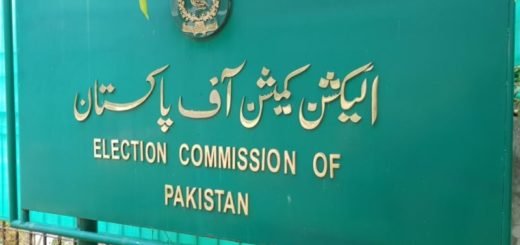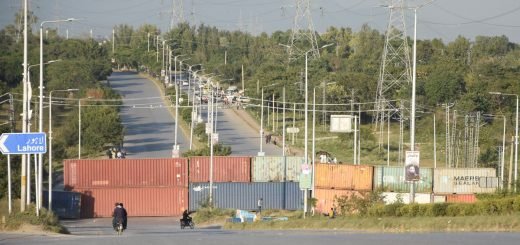Pakistan military eyes key role developing giant copper and gold mine

Pakistan’s military is taking a key role in the development of one of the world’s biggest untapped copper and gold deposits, which is currently stalled by a multi-billion dollar legal wrangle with foreign mining firms, multiple sources familiar with the situation said.
The Reko Diq mine has become a test case for Prime Minister Imran Khan’s ability to attract serious foreign investment to Pakistan as it struggles to stave off an economic crisis that has forced it to seek an International Monetary Fund bailout.
Ten current and former provincial and federal government officials and mining sources familiar with the project in the Baluchistan region say the military has become the most important voice on the future of Reko Diq, which it sees as a strategic national asset.
The military will not only be in a position to decide which investors develop the deposit, but an army-controlled engineering firm, Frontier Works Organization (FWO), is positioning itself to be a member of any consortium involved, these people said.
“This has been taken over by GHQ,” said a senior Baluchistan government official, referring to the Pakistan army’s General Headquarters in the garrison city of Rawalpindi.

In a statement in response to Reuters’ questions about its role in Reko Diq, the military spokesman’s office said: “(The military) may only participate in government’s plan of development of Reko Diq, as per national requirements.”
But it acknowledged that FWO, best known for building roads through Pakistan’s rugged and lawless border regions, has developed “substantial” mining capability in recent years and would be interested in taking a role in the project.
“If an opportunity arises of participating in developing Reko Diq, FWO may work at par with other competitors (or) companies provided the project is financially viable (or) suitable,” the statement said. When asked, a spokesman declined to elaborate on the statement.
Pakistan’s Information Minister Fawad Chaudhry said civilian authorities in the insurgency-hit southwestern province of Baluchistan were in charge of Reko Diq and, along with Khan, would take a decision, but added that the military “and all other stakeholders are obviously important players”.
FWO referred questions to the military spokesman’s office. Khan’s spokesman Iftikhar Durrani said Baluchistan province was in charge of Reko Diq, and referred questions to the provincial government and the military spokesman’s office.
The manoeuvring behind the project shows how the military, which has historically dictated Pakistan’s security and foreign policy, is leveraging its sway over the civilian government at federal and provincial level to carve a growing role in the nation’s business affairs.
The army has ruled the nuclear-armed nation for nearly half its history and is considered to have a major influence over Khan’s recently elected government. A military spokesman declined to comment.
“The military has taken a front seat,” said Ayesha Siddiqa, author of the book “Military Inc.”, which analyses the army’s business interests and influence in Pakistan.
“They’ve understood that the economy is important for having a strong military,” she said. “Control of the economy also gives the military a handle over expanding their business interests.”


















